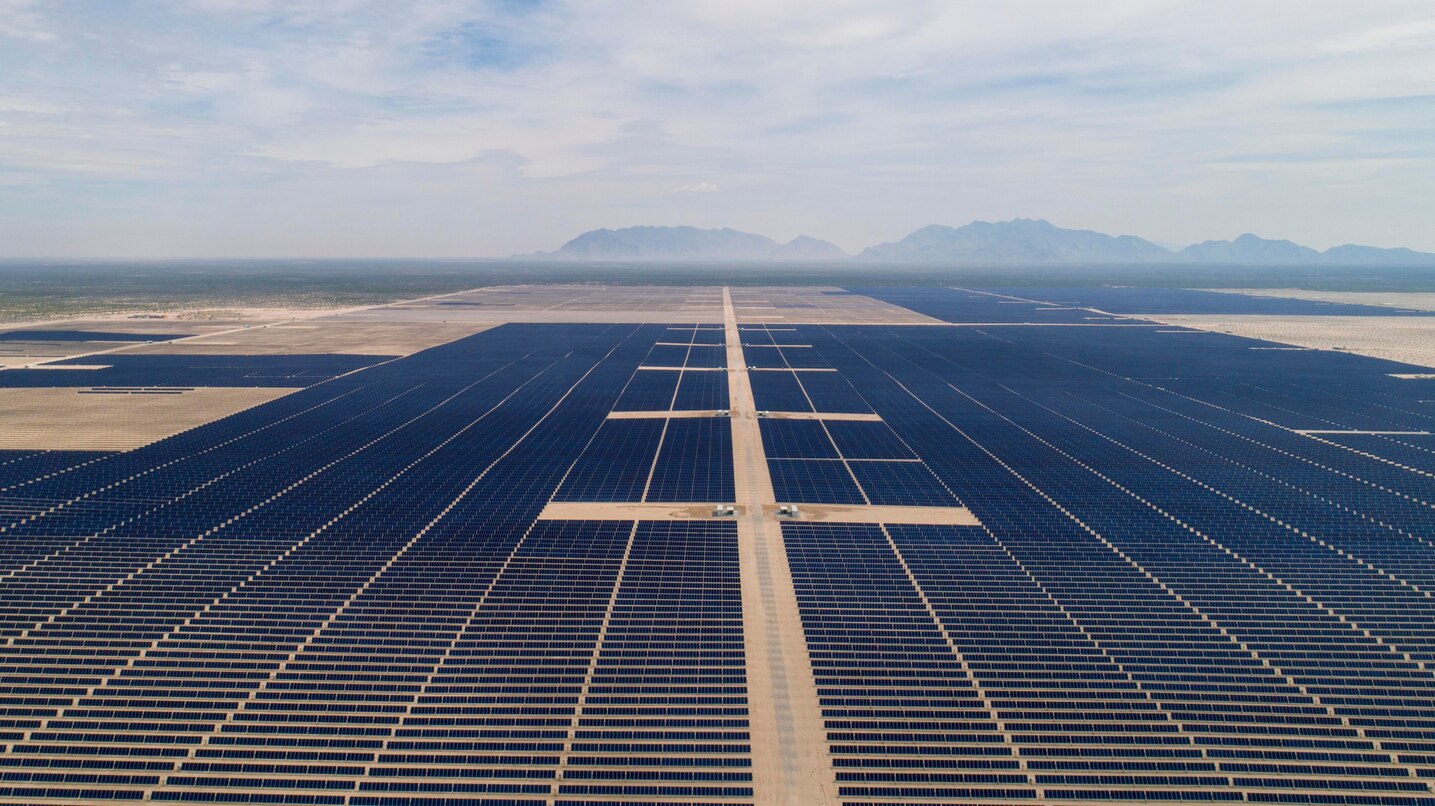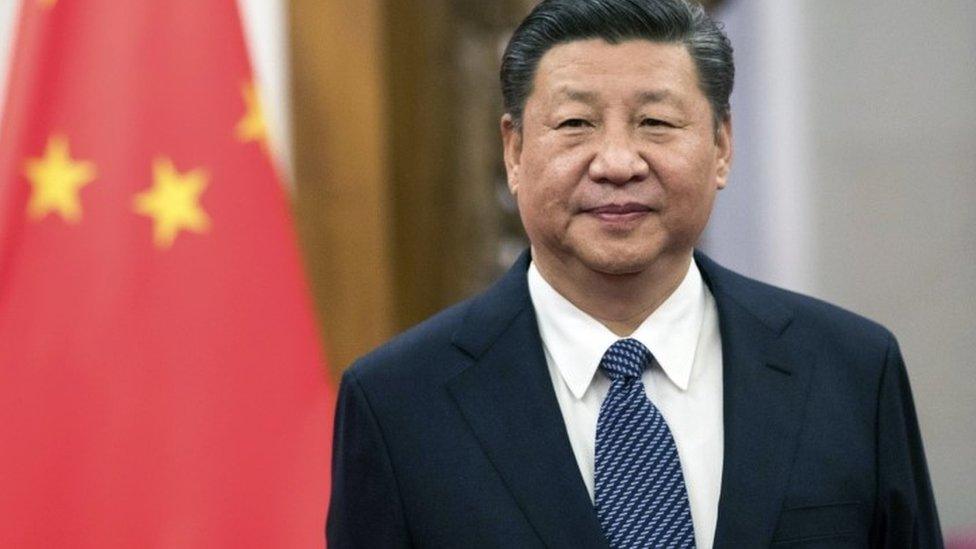- Courses
- GS Full Course 1 Year
- GS Full Course 2 Year
- GS Full Course 3 Year
- GS Full Course Till Selection
- Answer Alpha: Mains 2025 Mentorship
- MEP (Mains Enrichment Programme) Data, Facts
- Essay Target – 150+ Marks
- Online Program
- GS Recorded Course
- Polity
- Geography
- Economy
- Ancient, Medieval and Art & Culture AMAC
- Modern India, Post Independence & World History
- Environment
- Governance
- Science & Technology
- International Relations and Internal Security
- Disaster Management
- Ethics
- NCERT Current Affairs
- Indian Society and Social Issue
- NCERT- Science and Technology
- NCERT - Geography
- NCERT - Ancient History
- NCERT- World History
- NCERT Modern History
- CSAT
- 5 LAYERED ARJUNA Mentorship
- Public Administration Optional
- ABOUT US
- OUR TOPPERS
- TEST SERIES
- FREE STUDY MATERIAL
- VIDEOS
- CONTACT US
National Human Rights Commission and UN Human Rights Council
National Human Rights Commission and UN Human Rights Council
15-07-2023
Latest Context:
Recently, the National Human Rights Commission (NHRC) has asked for an action taken report from the Odisha government on the issue of Balasore train incident.
Another related news:
- Recently, India voted at United Nations Human Rights Council (UNHRC) in favour of a draft resolution, condemning acts of dishonouring the Holy Quran.
- This draft resolution, titled 'Countering religious hatred constituting incitement to discrimination, hostility or violence' gained support from multiple nations, including Bangladesh, China, Cuba, Malaysia, Pakistan, Qatar, Ukraine, and the UAE.
About the National Human Rights Commission (NHRC)
- NHRC is an independent statutory body (established by an act).
- It was established on October 12, 1993 under the Protection of Human Rights Act of 1993.
- The NHRC's primary responsibility is to protect and promote human rights across the country.
Composition and Structure:
- It consists of a Chairperson and 5 full-time members.
- Chairman of NHRC is a former Chief Justice of India (CJI) or a judge of Supreme Court.
- The President of India appoints these members based on their experience and expertise in relevant areas.
- Chairman and members of NHRC hold office for a period of 3 years or until they attain the age of 70.
Functions and Responsibilities of NHRC
- Investigating Human Rights Violations: It has the authority to inquire into complaints of human rights violations, either received from victims or filed on their behalf. It can also take up cases on its own (suo motu) based on media reports or credible information about violations.
- Recommendations and Remedies: After conducting investigations, the NHRC can recommend appropriate measures to provide relief and remedies to the victims of human rights violations. These recommendations may include monetary compensation, medical assistance, legal support, or any other form of redressal.
- Prison Monitoring and Custodial Justice: The NHRC monitors the conditions in prisons and other detention facilities to ensure that the rights of inmates are protected. It aims to prevent custodial torture, abuse, and other violations.
- Protection of Rights of Vulnerable Groups: The commission also focuses on protecting the rights of vulnerable and marginalized groups, such as women, children, persons with disabilities, and minorities. It intervenes in cases of discrimination, exploitation, and violence against these groups.
- Promoting Human Rights Education and Awareness: The NHRC undertakes initiatives to raise awareness about human rights among the public, government officials, and law enforcement agencies. It conducts educational programs, workshops, and campaigns to sensitize people about their rights and responsibilities.
- Review of Laws and Policies: The commission reviews existing laws, policies, and procedures to ensure their harmony with human rights standards. It recommends necessary changes and improvements to enhance human rights protection.
- Cooperation with Government and NGOs: The NHRC collaborates with the central and state governments, as well as non-governmental organizations, to address human rights issues effectively. It can provide advisory opinions to the government on human rights matters.
- International Cooperation: The commission cooperates with international human rights organizations and participates in international forums to promote human rights globally. It represents India in such forums and contributes to the formulation of international human rights standards.
Limitations of NHRC are:
- Lack of Binding Authority: The NHRC's recommendations are not legally binding on the government or other relevant authorities. The enforcement of these recommendations depends on the willingness of the concerned authorities to act upon them.
- Limited Jurisdiction: The NHRC's jurisdiction is confined to cases of human rights violations committed by government authorities or in which the government is involved. It does not have the power to investigate human rights abuses by non-state actors, such as private individuals or non-governmental organizations.
- Overburdened and Delayed Proceedings: The NHRC receives a large number of complaints and cases, which leads to delays in conducting investigations and providing timely relief to victims.
- Dependency on Cooperation: The NHRC relies on the cooperation of government agencies, law enforcement, and other authorities to conduct investigations and implement its recommendations. In some cases, lack of cooperation or resistance from these authorities can restrict the commission's efforts to seek justice for victims.
- Limited Awareness and Accessibility: Some segments of the population, especially those in marginalized and remote areas, might have limited awareness about the NHRC's existence and its role in addressing human rights issues. This lack of awareness can hinder people from seeking the commission's assistance in cases of violations.
About the United Nations Human Rights Council (UNHRC)
- UNHRC is an inter-governmental body established by the United Nations General Assembly (UNGA) in 2006.
- Its primary responsibility is to promote and protect human rights worldwide.
- The UNHRC is responsible for addressing human rights violations, conducting periodic reviews of the human rights records of all UN member states (known as the Universal Periodic Review), and engaging in various initiatives to enhance human rights standards and mechanisms.
- It has a total of 47 member states elected by the UN General Assembly for a period of 3 years.
- The members are distributed among regional groups, and elections are held annually to ensure rotation and representation from different parts of the world.
- The Office of the High Commissioner for Human Rights (OHCHR) serves as the Secretariat of UNHRC and is based in Geneva, Switzerland.
- In 2019, India was elected to the council for a period of 3 years.
Key functions of the UNHRC are:
- Universal Periodic Review (UPR): Every UN member state's human rights record is assessed through a peer-review mechanism called the Universal Periodic Review. During this process, other member states examine and provide recommendations to improve the human rights situation in the country under review.
- Different Mechanisms: The UNHRC establishes special rapporteurs, working groups, and independent experts to focus on specific human rights issues, such as freedom of expression, torture, extrajudicial killings, and discrimination. These experts conduct research, raise awareness, and make recommendations to address human rights concerns globally.
- Country-Specific Resolutions: The UNHRC can adopt resolutions addressing specific human rights situations in individual countries. These resolutions can call for investigations, condemnations, or offer support for improving human rights conditions.
- Advisory Services and Capacity Building: The UNHRC assists countries in building their capacity to protect and promote human rights through technical assistance and advisory services.
Must Check: IAS Coaching Centre In Delhi



